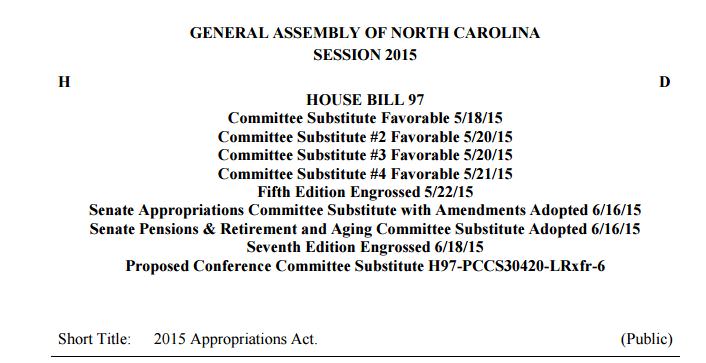

I have great respect for Mr. Guillory, but he has clearly missed the target with this explanation. Of course, I am pleased that he reflected well on the original House education budget proposal, but his conclusion was simply wrong.
The recently-enacted budget did NOT pass the Senate strictly along party lines (the vote was 50-37, including 3 Democrats voting Aye), but also it achieved strong bi-partisan support in the House (81-33, including 11 House Dems) before it was sent on to the Governor for his signature.
Of course, I am appreciative that Mr. Guillory chose to use a portion of a quote by Sir Winston Churchill that is always an attention-getter. But Mr. Churchill was also a pragmatic statesman that clearly understood the give and take of politics and knew what it takes to negotiate a budget as well as to move people to action.
As one of the House budget-writers for education, I don’t hesitate to say that I did not get all that I had hoped; negotiations generally do not result in surrender. But I will say that there is a clear theme to the final budget passed and signed into law by the governor:
lower personal income taxes,
increased resources for teachers (textbooks and digital resources were funded at pre-recession levels),
strong support for connectivity in order to continue toward a digital education environment, and
an aggressive new program to help our school principals who have the ultimate responsibility inside every school in our state.
Could we have done better? You betcha! We can always to better. But, all in all, some pretty good ingredients for a pretty good education pudding.


